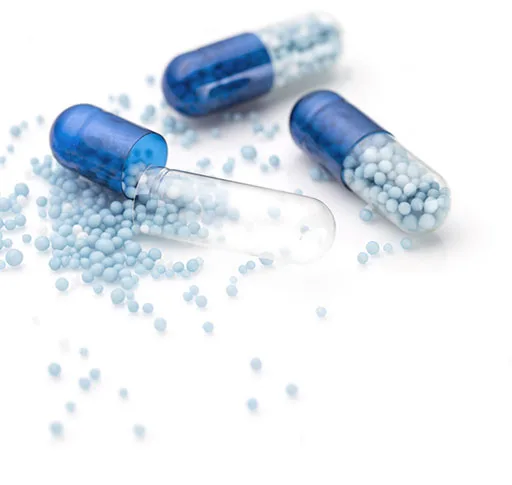PediaWell D800
Optimal dose of vitamin D supplementation
Indication:
Vitamin D is one of the essential vitamins for children that aids in their bone growth. Deficiency of vitamin D in children can lead to various problems, including bone softness, which is one of the common bone diseases in children. Therefore, the amount of vitamin D in children should be measured for prevention and treatment.
The Importance of Using PediaWell D800 Drops in Children and Infants:
Vitamin D is a fat-soluble vitamin naturally present in a limited number of foods. It is also synthesized in the skin during exposure to ultraviolet B (UVB) rays from sunlight. Vitamin D is one of the most influential factors for the health of teeth and gums, and it can prevent tooth decay and gum diseases.
Vitamin D performs a wide range of functions in the body, including regulating cell growth, the nervous-muscular system, and immunity. It is also associated with reducing inflammation and improving mood. Some of the major effects of this vitamin are mentioned below.
Vitamin D and Bone Strengthening:
The primary benefit of vitamin D in the body is the strengthening of bones. Our bodies require an adequate amount of vitamin D to maintain the necessary phosphorus and calcium in the bones. If the amount of vitamin D is insufficient in the diet of a child or infant, their body excretes the required calcium and phosphorus from the bones through urine. This can lead to a deficiency of these elements in the body. In fact, children need vitamin D for the growth and reconstruction of bones by bone-forming cells. If they do not receive sufficient vitamin D, their bones may become thin, brittle, and misshapen. Adequate levels of vitamin D prevent the occurrence of bone softness in children and osteomalacia in adulthood.
Vitamin D and Brain Function:
Studies have shown that the levels of vitamin D in children with attention deficit hyperactivity disorder (ADHD) are lower than those in healthy children on average. In fact, vitamin D plays a role in the proliferation and differentiation of brain cells, increasing antioxidant capacity, and consequently providing protection against oxidative stress and regulating brain growth factors.
Vitamin D and Immune System:
In 2009, the National Institute of Health warned that low levels of vitamin D are associated with recurrent colds, infections, and influenza. Therefore, vitamin D assists in maintaining the balance of the immune system. Additionally, vitamin D deficiency is linked to an increase in autoimmune diseases and heightened susceptibility to infections. The immune cells in autoimmune diseases respond positively to the effects of vitamin D. Studies have shown that low levels of vitamin D can exacerbate autoimmune conditions.
Vitamin D and Thyroid Function Improvement:
One of the most important vitamins for improving hypothyroidism is vitamin D. Deficiency in this vitamin leads to an increase in thyroid antibodies, activates the body’s immune system, and causes inflammation in the body. In fact, this process disrupts the function of the thyroid gland. Daily intake of vitamin D can reduce this inflammation, resulting in better thyroid function.
Vitamin D deficiency in children:
Studies indicate that a significant number of children face severe vitamin D deficiency from birth. Muscle weakness, lower back pain, premature fatigue, short stature, and bone softness are among the symptoms of vitamin D deficiency.
Signs of vitamin D deficiency in children include:
• The child easily becomes tired and experiences general body pain.
• The child may suffer from muscle weakness, seizures, and respiratory problems
• The child’s skull and leg bones may be soft, and they may appear to be bent
• The child has slower height growth, and the deficiency can affect their overall weight, leading to slower overall growth
• Delayed eruption of teeth, and in many cases, early tooth decay.
• The child is more susceptible to various infections such as respiratory and gastrointestinal infections
• The child may sit and walk later than usual
• The child cries without an apparent reason and may exhibit signs of anxiety and stress
Why PediaWell?
Prepared and manufactured with raw materials in the United States
Certified with GMP (Good Manufacturing Practice) and FDA approval
Free from sugar and artificial sweeteners such as aspartame, suitable for diabetic children.
Devoid of any allergenic substances including starch, milk, lactose, soy, gluten, yeast, fish, alcohol, parabens, and preservatives.
With an exceptional red raspberry flavor.
Ingredients:
Vitamin D: A group of fat-soluble vitamins that enhance the absorption of calcium, phosphate, and magnesium in the intestines. In this way, they significantly impact several vital functions in the human body




